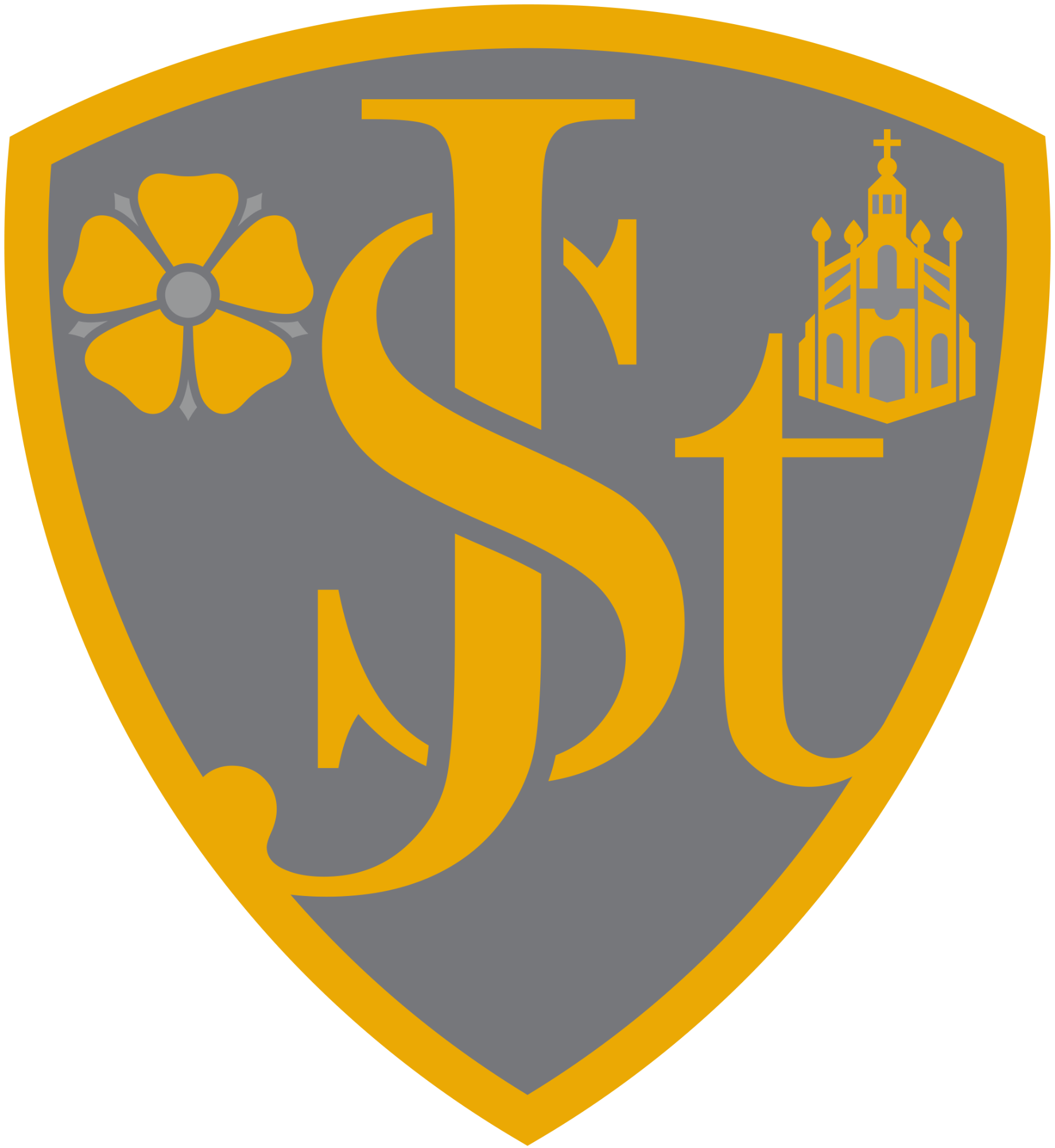Supporting Your Child From Home
At St Joseph's CE Junior School we believe that the key to success is teamwork. When both parents and teachers work together, children are more likely to become successful. Here are some ideas for activities and games to support your child's learning.
Maths
- Using a ball or bean bag as a hot potato to complete mental calculations
- Adding up the shopping in a supermarket
- Calculating prices in a sale
- Rounding prices when shopping
- Playing teacher and allowing them to teach you what they have learnt
- Guess If You Can: Let your child think of a number between a stated range of numbers while you try to guess the number by asking questions. Here is a sample conversation.
Child: I am thinking of a number between 1 and 100.
Parent: Is it more than 50?
Child: No.
Parent: Is it an even number?
Child: No.
Parent: Is it more than 20 but less than 40?
Child: Yes.
Parent: Can you reach it by starting at zero and counting by 3's?
Child: Yes. - Money games: I have coins in my pocket. They are worth 7p. What do I have? (5p and 2p or 6 2ps and a 1p)
- Using dice to create numbers to add, subtract, multiply, divide
- Use chalk in the garden or paint on the tables
- Timed challenges – how many times-table questions can you answer in a minute
- Times-table songs
- Battleships using maths questions
Reading
Even in the higher year groups, children still need to be heard read! The importance now is in the questioning of the text. The attached sheet can be used to ask questions and start discussions about the text. If your child is reluctant to read, allow them to read what interests them, it does not have to be a book.
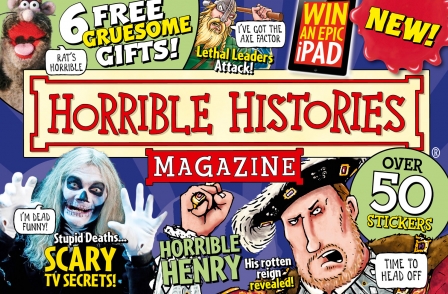
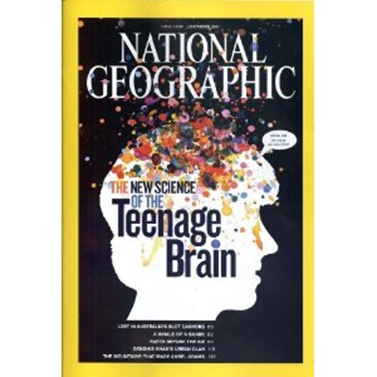
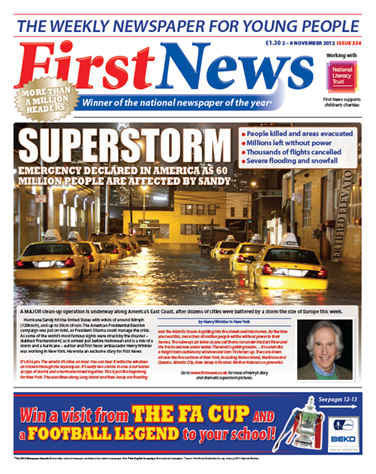
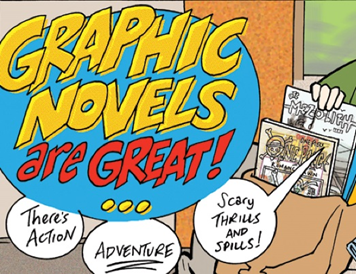
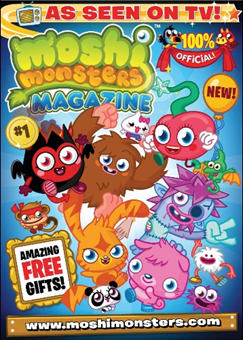

Writing
General Tips and Ideas
The basis of all good writing is dependent on knowing lots of words and being able to join them together in interesting ways.
Encourage your child/ren to: - explain a game or activity, describe a person, place, picture or thing, retell stories, talk about things they have done, e.g. visits, day at school - encourage detail, predict what might happen next in a story, TV programme or sequel to a film play word games
Be a reading model and read to your child (e.g. stories, poems, factual information such as timetables, magazines, newspaper reports, letters, emails, adverts, and instructions) – discuss the ways authors use words to shape their ideas.
Be a writing model and encourage your child to write alongside you for real purposes e.g. shopping lists, birthday/Christmas lists, labels, invitations, thank you letters, emails to friends, postcards, cards for relatives, scrap books of holidays/hobbies/special events, diaries, posters for real events, short stories or poems for family members, menus, texting, bedroom or house rules.
There are an exciting selection of writing materials available, e.g. a range of pencils, pens, coloured crayons, writing icing, and writing soaps.
Praise your child for trying and don’t dwell on mistakes. Focus on the content and enjoyment of writing for fun and for purpose.
Let children write part of shopping lists and then let them be responsible for carrying the list and finding certain items.
After making a cake, doing a craft activity or playing a game, challenge children to write instructions for someone else to follow.
Make up fun ways to remember how to spell difficult words, e.g. Big Elephants Can Always Understand Small Elephants = because, what has a hat, when has a hen.
Play ‘I Spy’ and ‘Hangman’, which encourage the use of sounds and spellings.
Confident Writers
Ask your child what his/her writing targets are from time to time and help them work specifically on these.
After your child has done written homework, ask them to proofread their work for accuracy. After they have done this, have a look at the piece yourself.
Provide your child with a comfortable place to work and exciting writing materials. A dictionary or spell check on a computer would also be useful.
Write postcards from holidays and record holiday events in a diary that can be shared with friends or family.
Write information pages or booklets about a hobby or something they find interesting, e.g. dinosaurs, class topics, or sports stars etc. Illustrate and label.
Encourage the use of paragraphs for blocks of information. As with early writers, be aware of occasions when children can be involved in writing – shopping lists, cards, phone messages, notes to friends, invitations to family occasions, emailing friends, blogging, texting (be aware of e-safety).
Help your child write a letter to their favourite author. Details can be found on the internet. Let your child see you being a model writer, but also let them see that you are not perfect! Checking, making changes and editing what you write are a natural part of writing.
Reluctant Writers
If your child has barriers towards writing, or low self-esteem as a writer, praising and valuing your child’s writing is very important. Your child may need support when they write and may need you to talk through their ideas first and help with composing and structure.
Help your child go over problem spellings. It is extremely frustrating for children to have to battle with spelling and handwriting when they want to get their ideas down on paper. Knowing high-frequency spellings will aid the flow of writing and enable the use of a vocabulary-rich language. (Consider being trapped into writing ‘big’ when you really wanted to write ‘enormous’). Encourage children to sound out and have a go at more tricky words or give them the spellings.
Remember that writing does not have to be lengthy or boring! Writing for real purposes is more meaningful and rewarding for children and creates a fun and interesting way for children to develop their writing skills.
